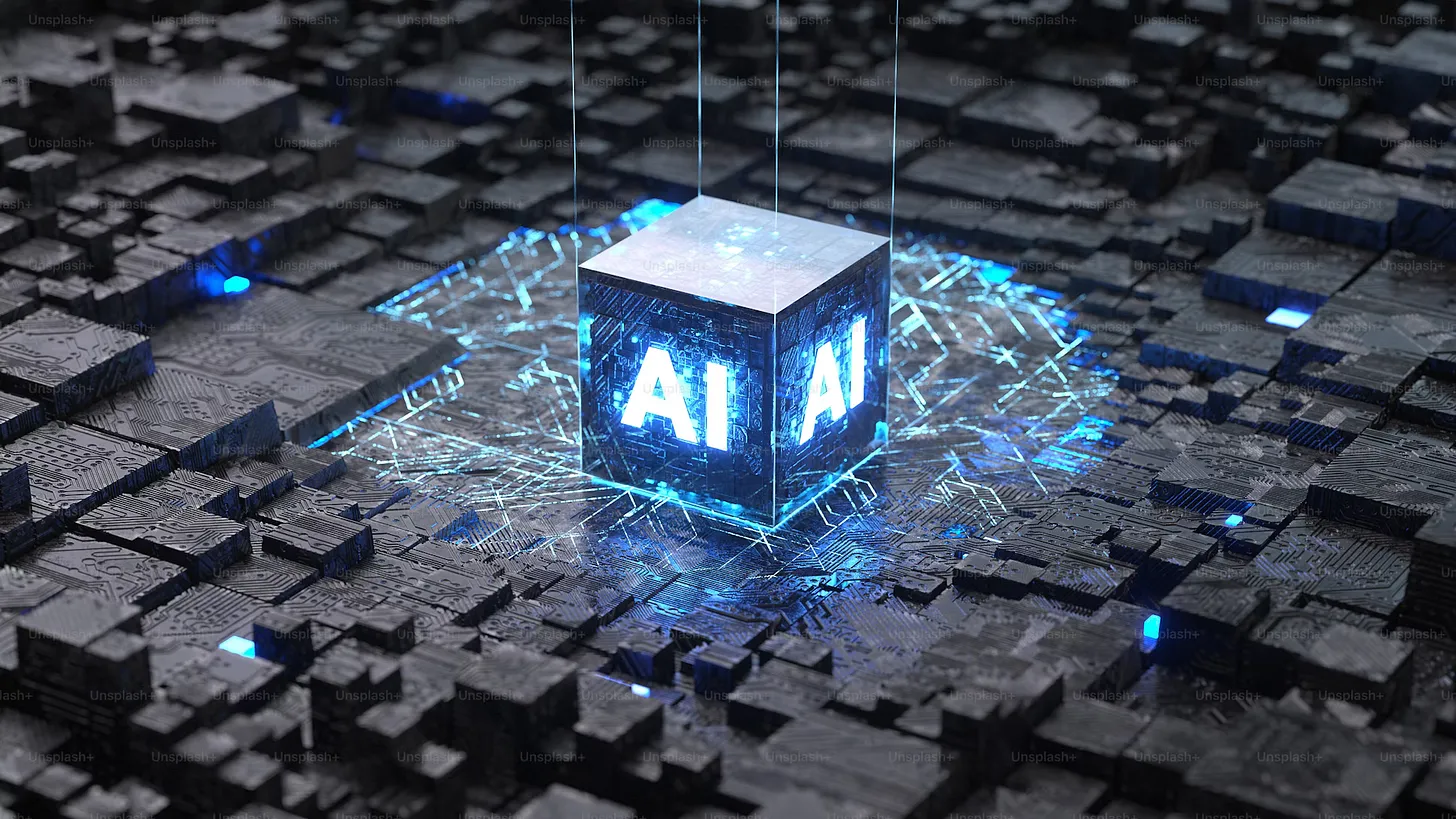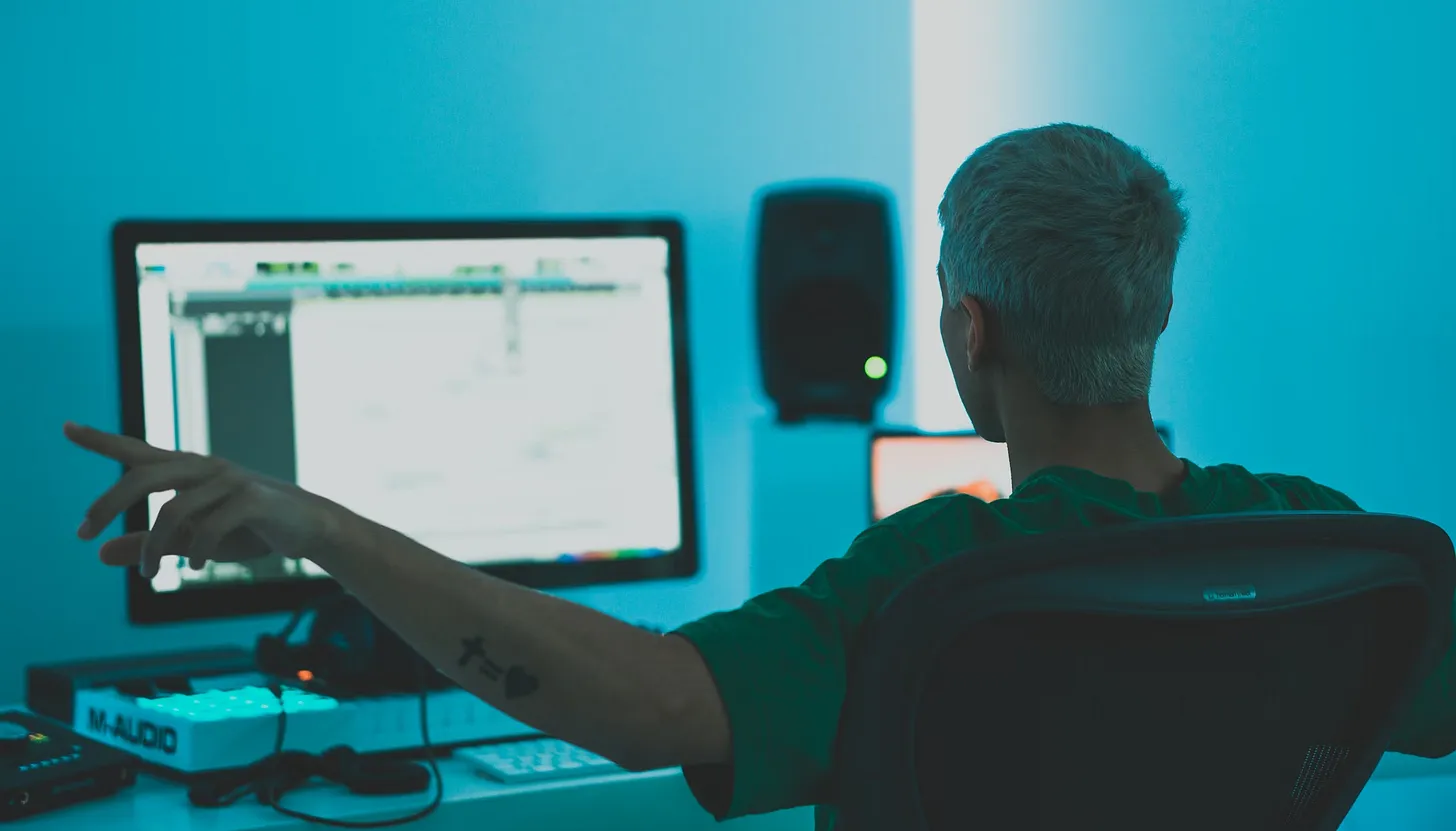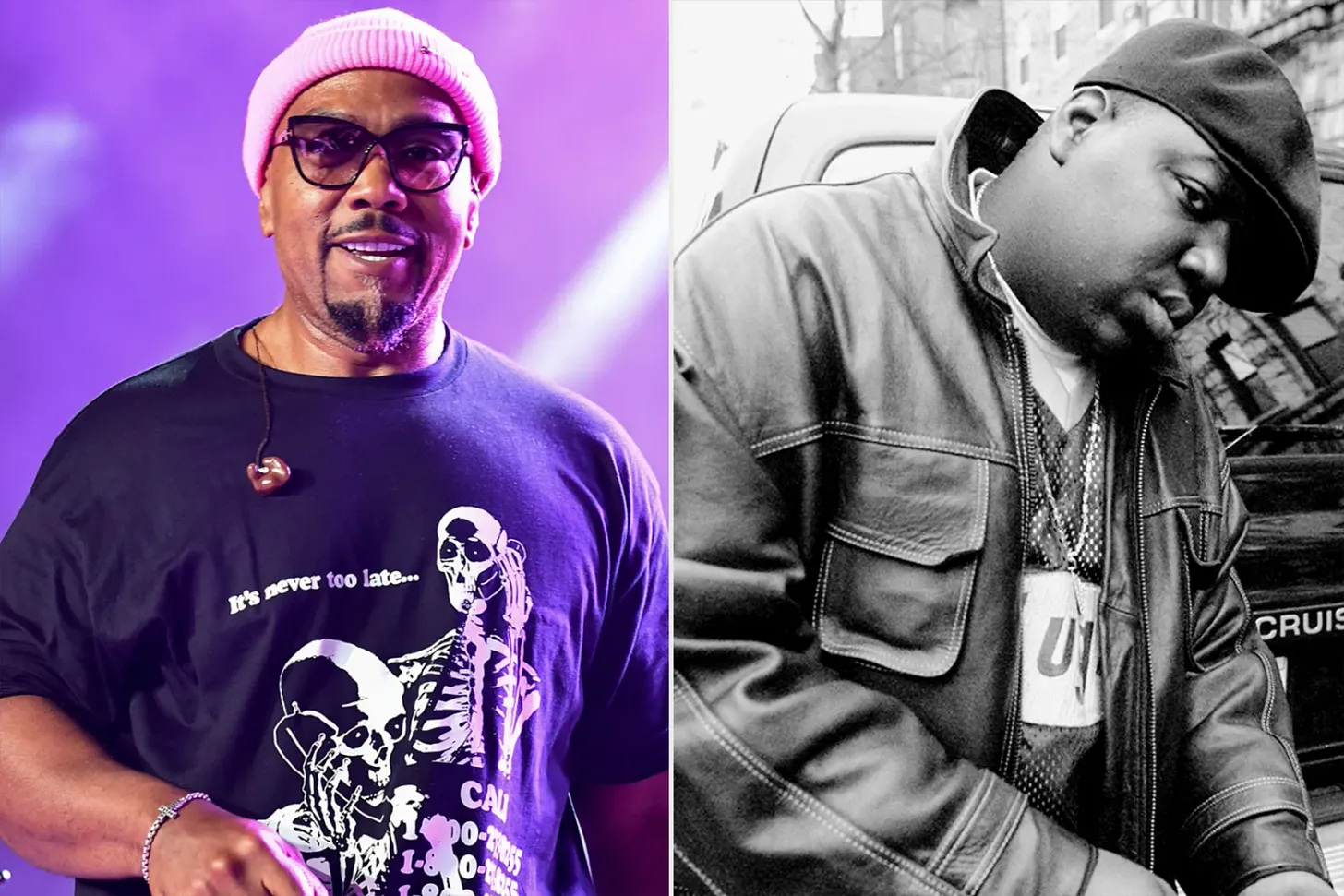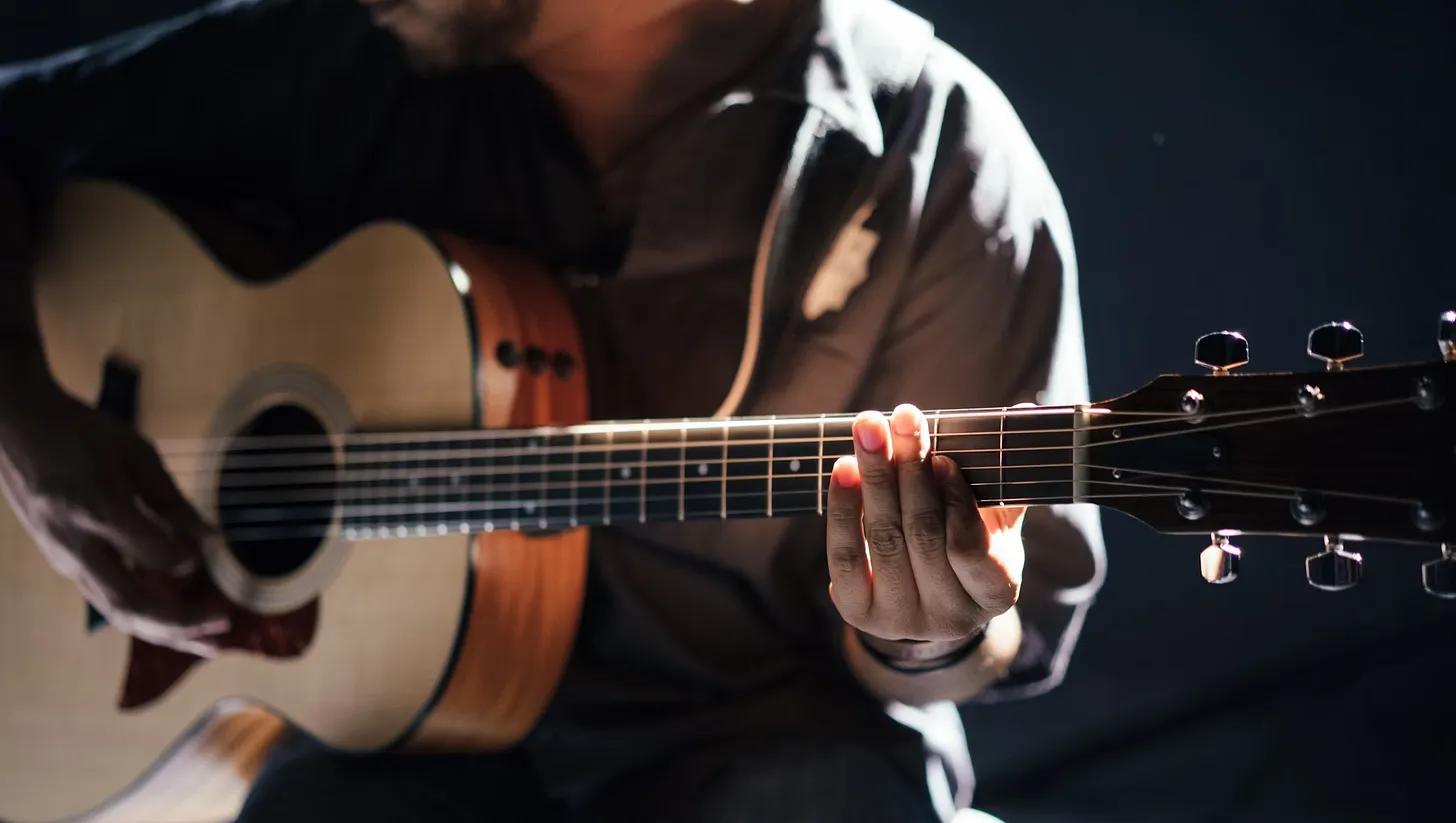
Artificial Intelligence (AI) has emerged as a transformative force, revolutionizing various aspects of our lives. From powering smart assistants in our smartphones to enabling self-driving cars, AI has made remarkable advancements. However, the question remains: Is AI a blessing or a curse? This blog aims to explore the multifaceted nature of AI, delving into its potential benefits and ethical challenges. By examining both perspectives, we can gain a more nuanced understanding of the impact AI has on the creative industry.
What is AI?
The term AI stands for Artificial Intelligence. AI is a machine’s ability to perform the cognitive functions we associate with human minds, such as perceiving, reasoning, learning, interacting with an environment, problem solving, and even exercising creativity.
AI in the creative industry is increasingly being discussed as it has started being used to automate many of the repetitive and time-consuming tasks involved in the creative process. Examples include making new beats or even creating a graphic design. By leveraging AI to complete these tasks, creators are able to focus more on innovative and creative work. This, in turn, speeds up the creative process and helps to reduce additional costs.
What roles does AI play in its current development in the creative industry?
Today AI is playing an increasingly significant role in the creative industry, revolutionizing the way artists work and pushing the boundaries of artistic expression. It is being welcomed more in the creative industry as its tools are being developed.
Traditionally, creativity has been seen as a distinctly human attribute, but AI is challenging that notion by demonstrating its potential as a collaborator, tool, and source of inspiration for artists.
One of the key contributions of AI to the creative industry is its ability to generate original content. Through techniques like generative adversarial networks (GANs) and deep learning algorithms, AI can create new and compelling artworks, music, poetry, and even screenplays. This opens up new avenues for artists to explore and experiment with novel ideas, styles, and concepts.

AI also serves as a powerful tool for artists, providing assistance in various aspects of the creative process. For example, AI-based tools can analyze and interpret large volumes of data, allowing artists to gain insights into trends, patterns, and audience preferences. This knowledge can inform artistic decision-making, helping artists create work that resonates with their target audience.

Erika Goldring/Getty Images; Clarence Davis/NY Daily News Archive via Getty Images; Clarence Davis/NY Daily News Archive via Getty Images
For example, American music producer ‘Timbaland’ looks to embrace AI technology for music creation. As a leader in music production for decades, having gotten his break in the 1990s working with Aaliyah, Ginuwine, and of course Missy Elliot, Timbaland as an innovator seeks to embrace the new technology and legitimize its use in future creations. The mogul recently made headlines for disclosing his use of the new technology to recreate the voice of the deceased rapper, The Notorious B.I.G. for a track. Timbaland believes that there is the potential to preserve and continue the legacy of deceased artists. He also believes that integrating technology into art and music creation can be an incredible tool for producers.
What challenges Is AI facing?
However, not everyone in the creative industry agrees with this innovation. While AI offers numerous opportunities for artists & creators, it also raises important questions and challenges. The notion of authorship becomes complex when AI algorithms are involved in the creative process. Ethical considerations surrounding ownership, attribution, and the potential for AI-generated content to devalue human creativity must be carefully addressed. A majority of the content is unlicensed, low-grade and raises legal and ethical questions.
Recently, Drake and The Weeknd caused a debate & an uproar from their respective labels after a track “Heart on My Sleeve,” that claimed to use A.I. versions of their voices caused a major inconvenience. Although it generated popularity when it was first released back in April of this year, becoming a viral phenomenon on social media and racking up millions of plays across TikTok, Spotify, YouTube and more, it was removed within a week by Universal Music Group (UMG). Their labels & other representatives at play condemned the song for the reason of “infringing content created with generative AI”.
So is AI a blessing or curse?
Well if not monitored effectively it can be a curse. Complications may occur as this new technology crosses over into the mainstream consciousness of creators and consumers before the necessary legal rules are in place. An example of this was seen back in the early 2000s when Napster was shut down in 2001 after a successful court injunction was granted to the Recording Industry Association of America, on grounds of contributory and vicarious copyright infringement under the US Digital Millennium Copyright Act (DMCA). Despite this, the idea that songs could be downloaded, stored, and shared through networked computers had clearly caught on. AI is fundamentally transforming the creative industry by expanding the possibilities for artists and challenging traditional notions of creativity. By embracing AI as a collaborative tool and exploring its potential, artists can leverage its power to create innovative and captivating works of art. However, it is crucial to navigate the ethical implications and ensure that AI remains a tool that enhances human creativity rather than replacing it.
Although harmless, innovative fun for most, corporations must continue to monitor A.I. models learning from, and then diluting, their copyrighted material. Currently, courts and lawmakers are only beginning to discuss questions of ownership when it comes to A.I., as copyrights in the creative industry can be complicated as it is. Protected intellectual property can only be created by humans, but what happens when musicians collaborate with machines? Can it be monitored?

So what role does AI play now?
The role of AI in the music and creative industry is still very much gray although hopeful. AI plays a significant role in the creative industry, revolutionizing various aspects of music creation, production, distribution, and consumption.
Creators like Holly Herndon, who has provided her own A.I. voice as a tool for other musicians — complete with a system for compensation — and created a company, Spawning, to build consent guidelines for A.I., sees that there can be magic in harnessing the future fairly and ethically. Herndon suggests that there is more opportunity in exploring this technology than trying to shut it down.
For instance, music production and mixing, personalized music recommendations, music analysis and insights and remixing and mashups.
While art like “Heart on My Sleeve” may quickly become a shifting cultural force for cases within AI, the unfamiliarity will eventually be exhausted. What will stand the test of time are the artistic possibilities when anyone can assume the creative production of someone/something else, even just for a second, as an expressive tool. All in an ethical, legal & non discriminating way of course.
So in conclusion, the question of whether AI is a blessing or a curse cannot be definitively answered. While AI offers immense potential to revolutionize industries, enhance efficiency, and improve lives, it also presents a host of ethical challenges and risks. The responsibility lies with us to shape the development and deployment of AI in a way that maximizes its benefits while minimizing its drawbacks. Through thoughtful regulation, robust ethical frameworks, and ongoing dialogue between stakeholders, we can harness the power of AI as a force for good, ensuring that it remains a blessing rather than a curse.